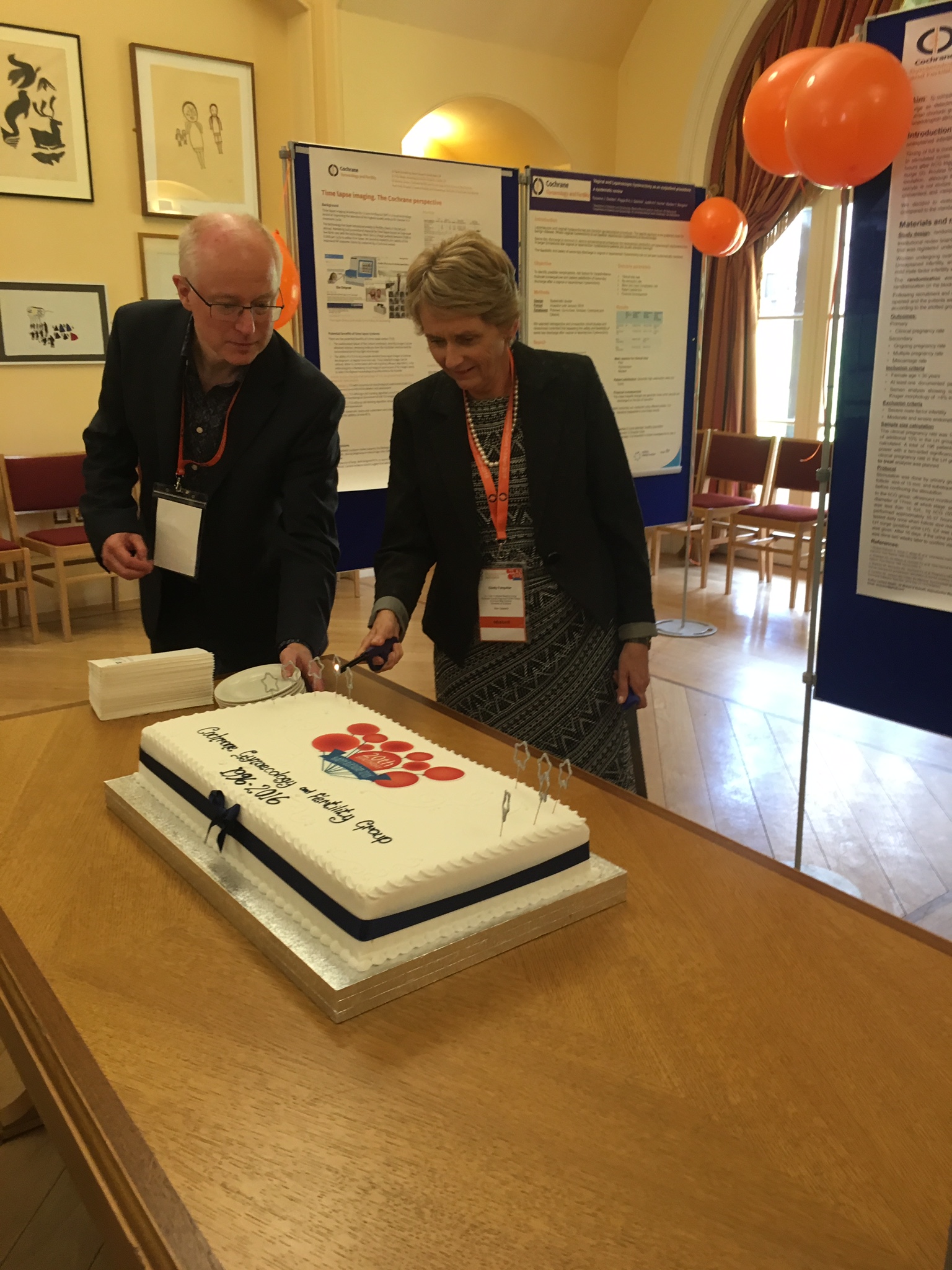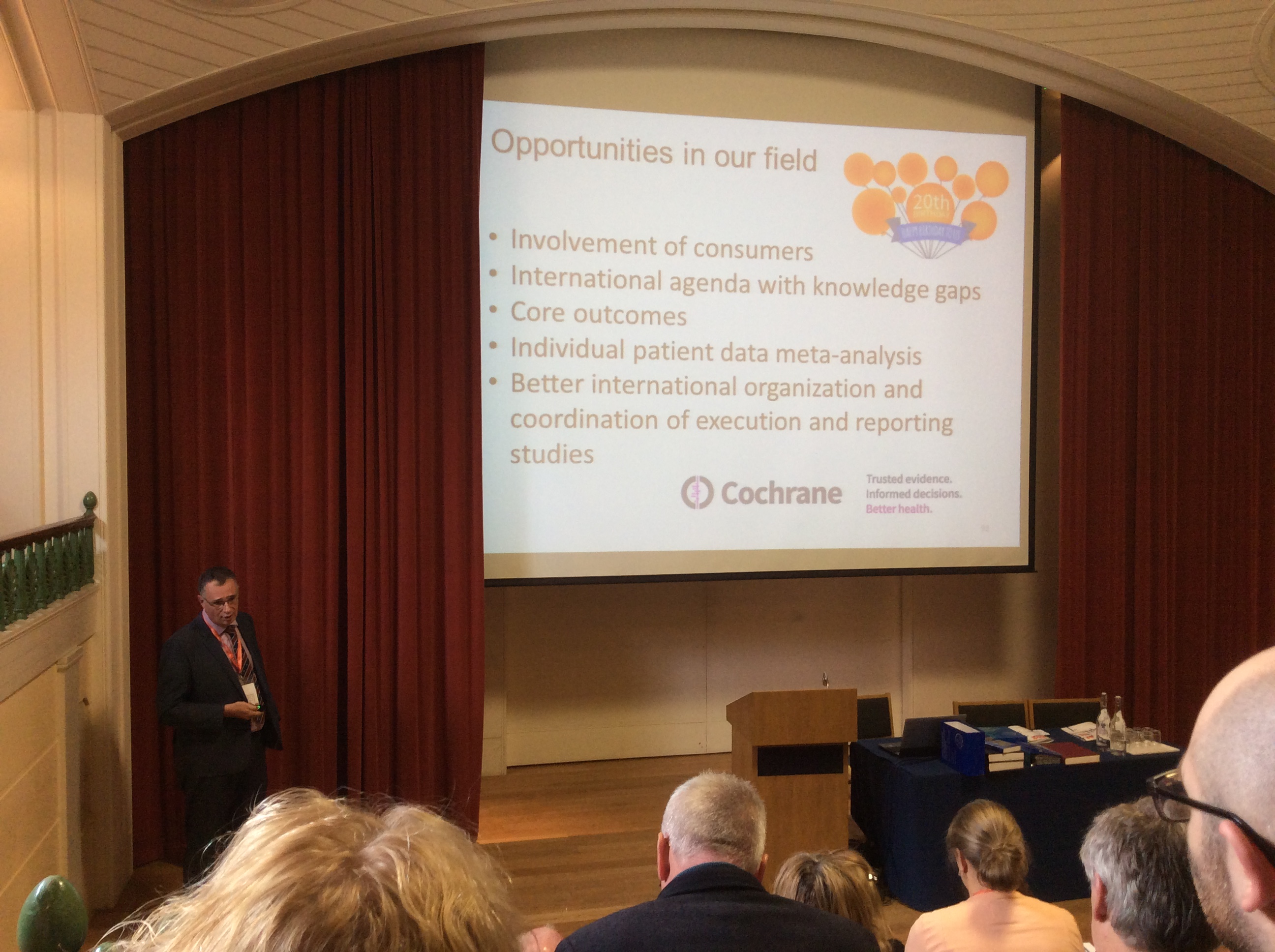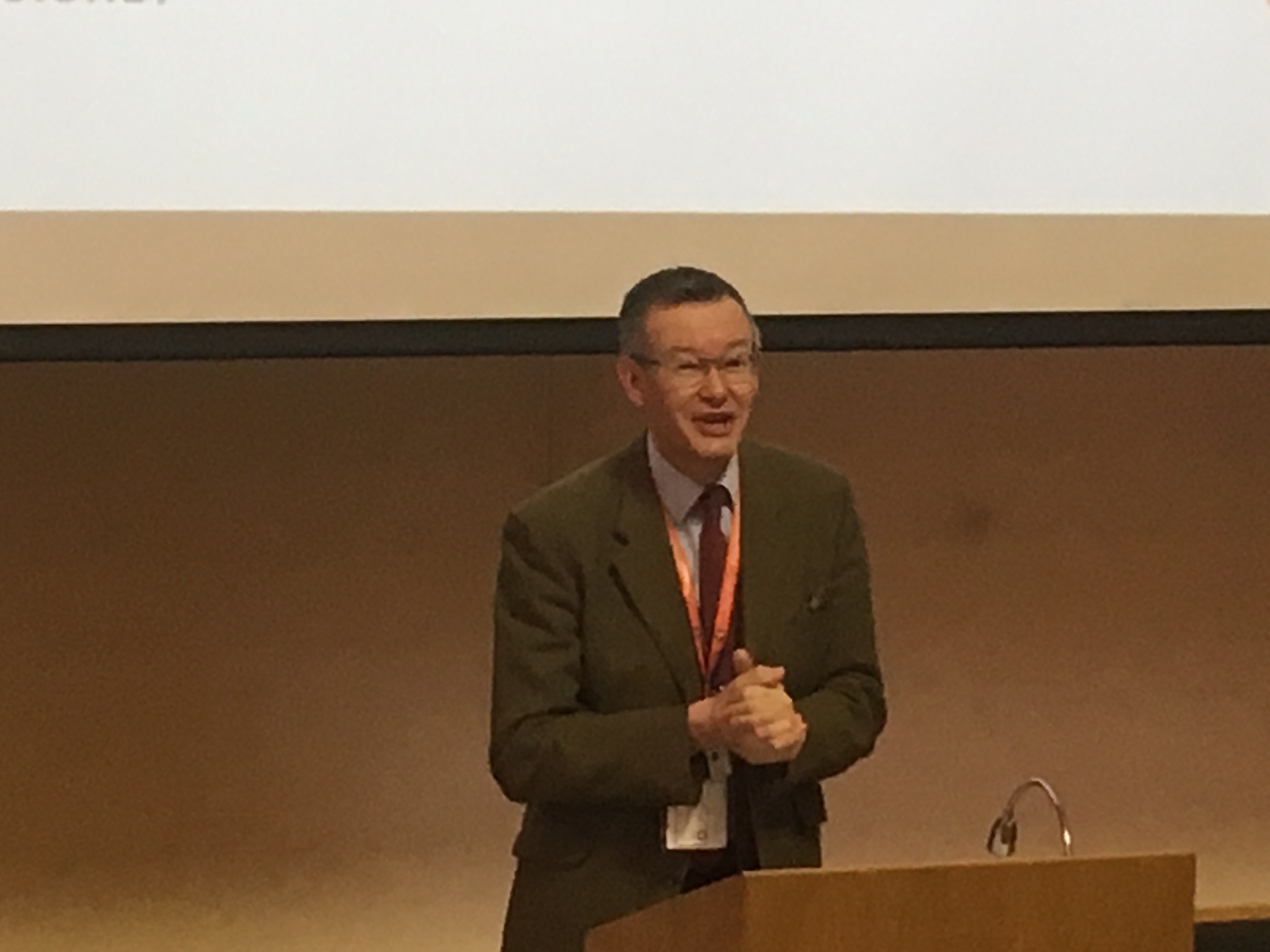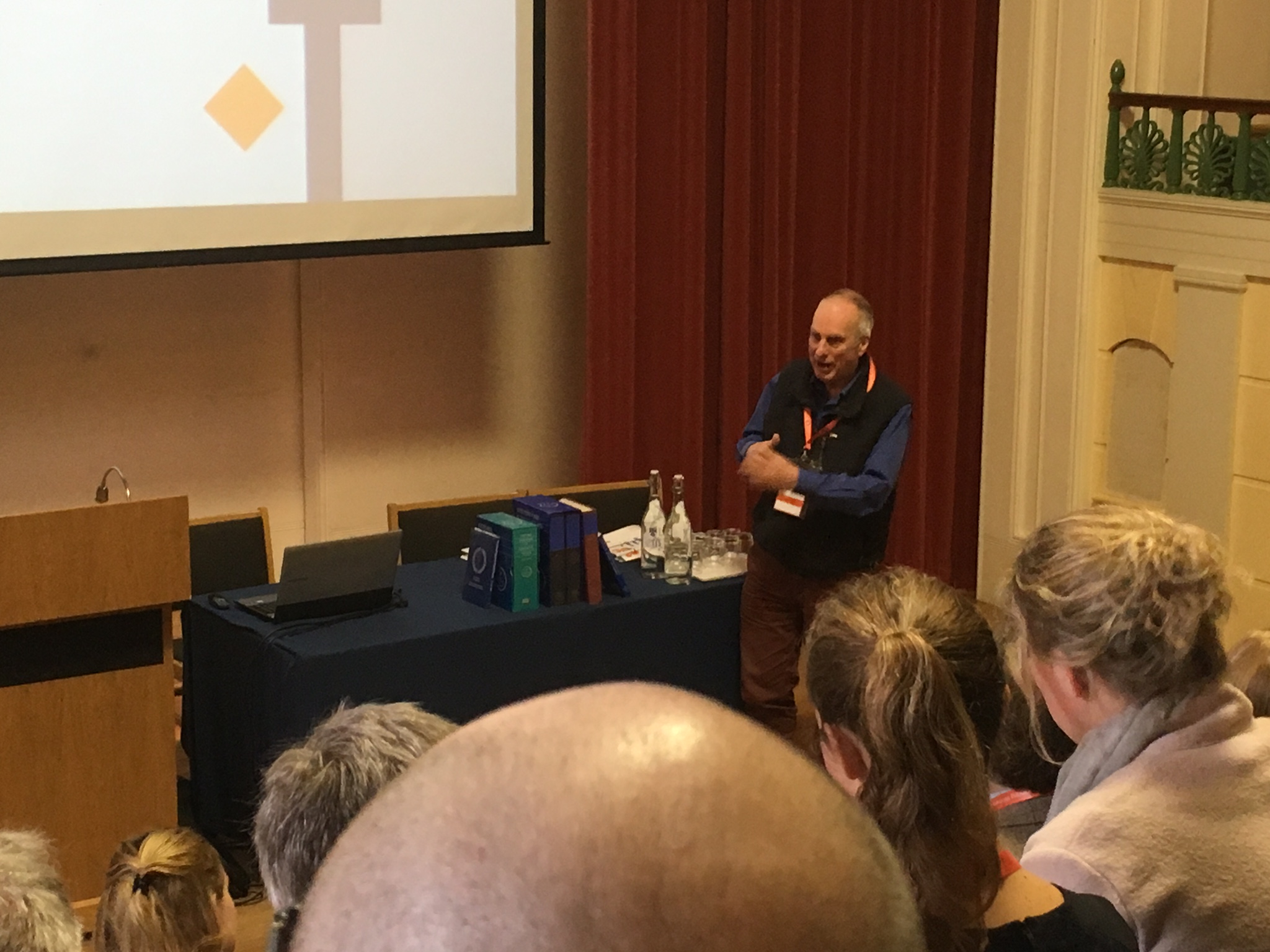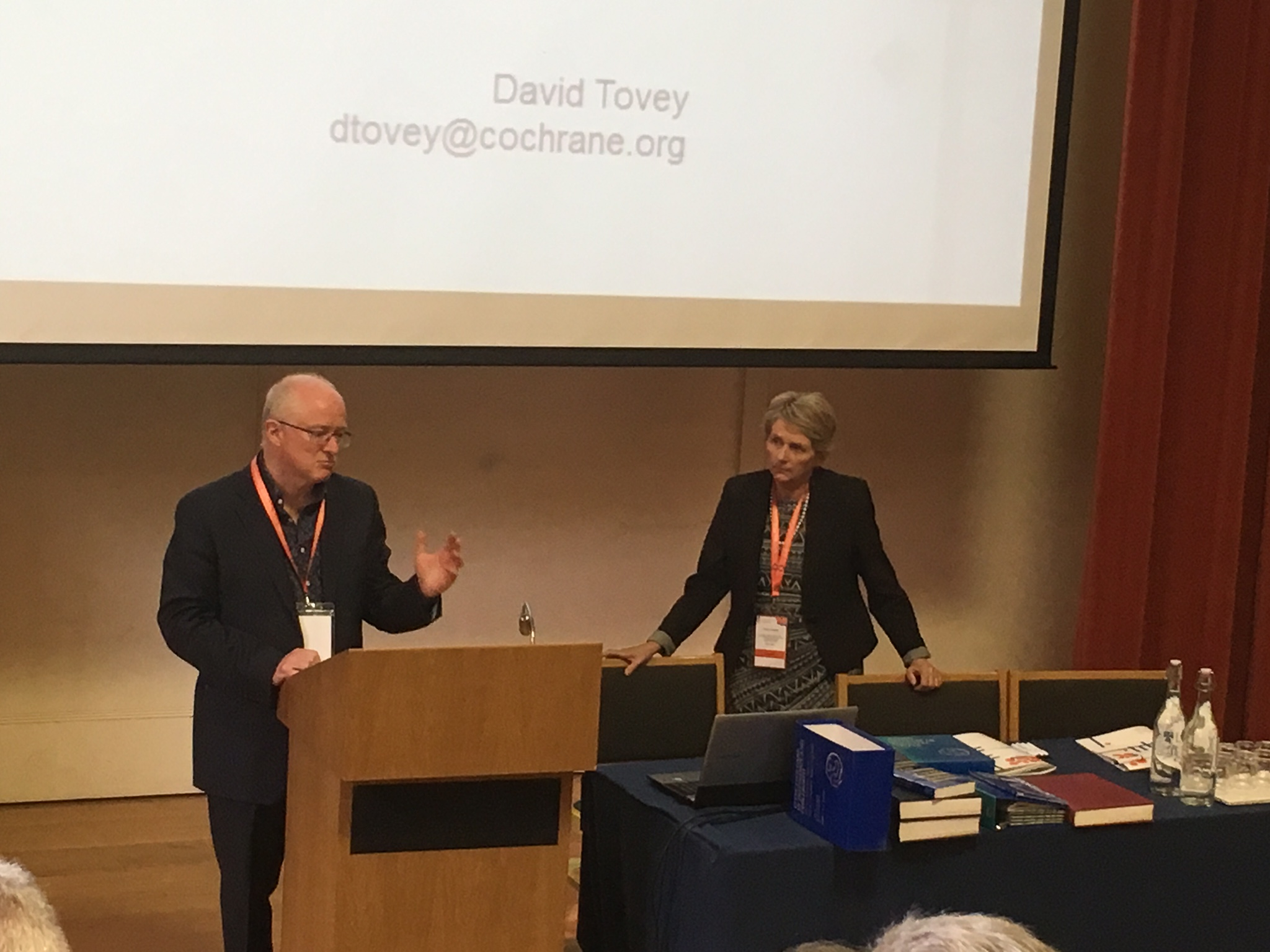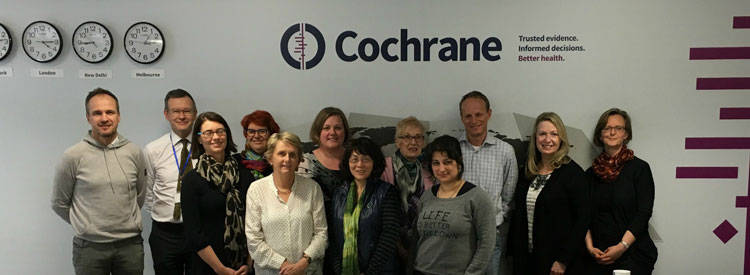Cochrane Pain, Palliative and Supportive Care's 18th Birthday Celebration

Join Cochrane Pain, Palliative and Supportive Care (PaPaS) on the 21st July to celebrate their 18th anniversary at the Saïd Business School in Oxford, UK.
PaPaS was registered as a Cochrane review group in 1998. We are celebrating with an afternoon event of topical presentations and discussions, followed by a drinks reception and evening garden party.
Places are limited; please contact us if you would like to attend.
Date
Thursday 21 July 2016
Times
- Lunch available from 12.30 (BST)
- Main event 13.30 – 17.00
- Evening garden party from 17.00
Venue
The impressive Saïd Business School, opposite Oxford’s main train station.
Address: Saïd Business School, Park End Street, Oxford, OX1 1 HP. UK. T: +44 (0)1865 288800.
Agenda
First session (13.30 – 15.00)
- Welcome
- Brief History of PaPaS
- Pain evidence- how evidence based medicine has changed the view of science or practice: short presentations from PaPaS Editors
Second session (15.30 – 17.00)
- Rapid presentations from PaPaS contributors: Where evidence meets policy and practice
- PaPaS in the Future: challenges and opportunities (interactive audience participation)
Evening event (from 17.00)
- Drinks reception and summer garden party, with buffet from award-winning catering team.
Contact
Please contact Kerry Harding at kerry.harding@ndcn.ox.ac.uk if you have any questions, or Tweet us at @CochranePaPaS using the hashtag #PaPaS18.
Useful links
- PaPaS website: papas.cochrane.org
- PaPaS on Twitter: twitter.com/CochranePaPaS #PaPaS18
- Saïd Business School: sbs.ox.ac.uk




